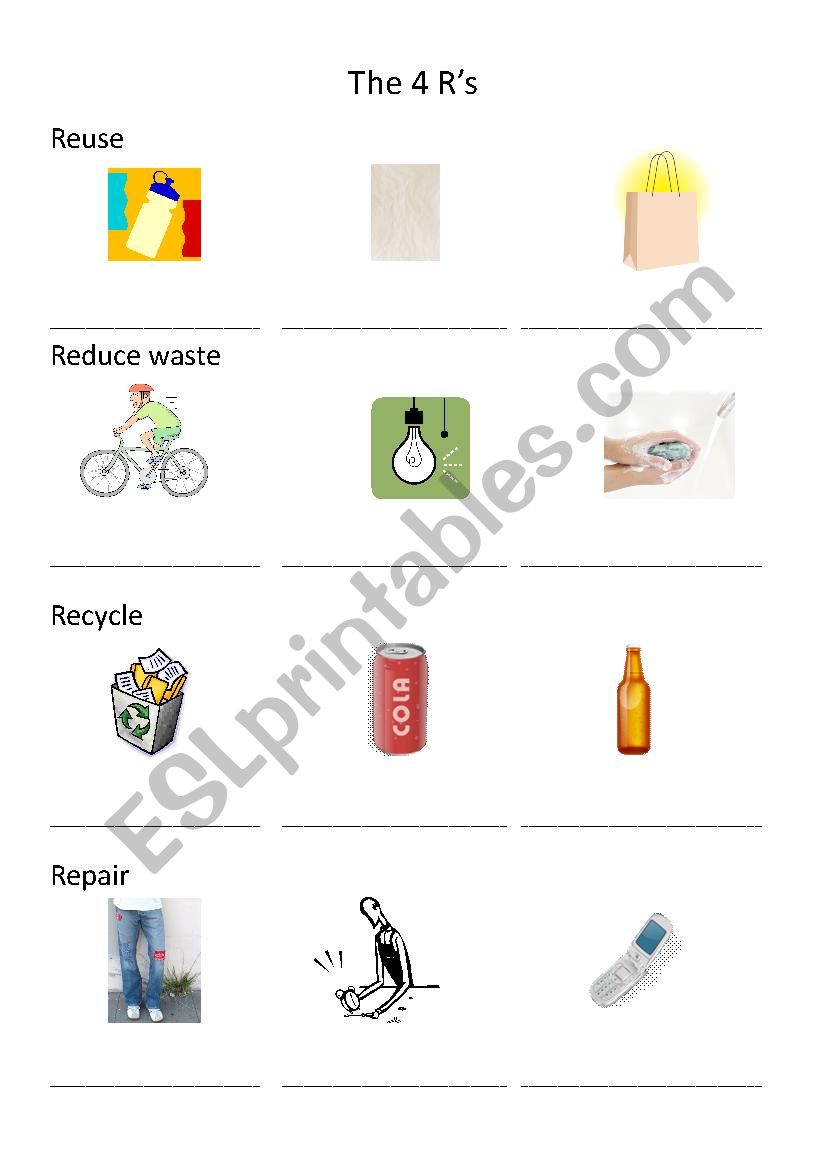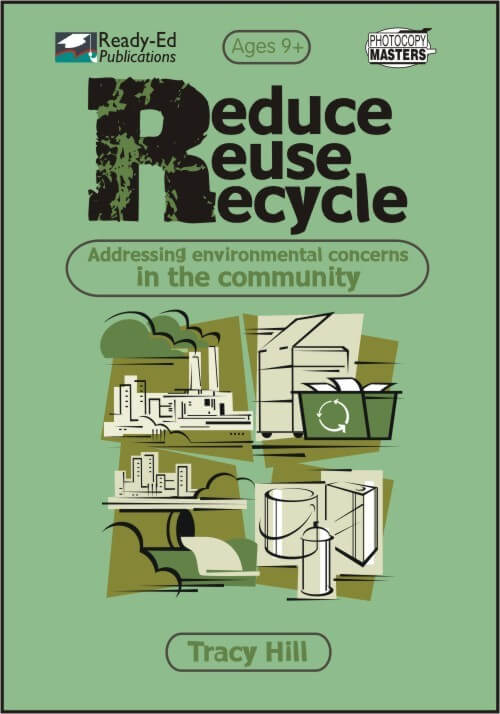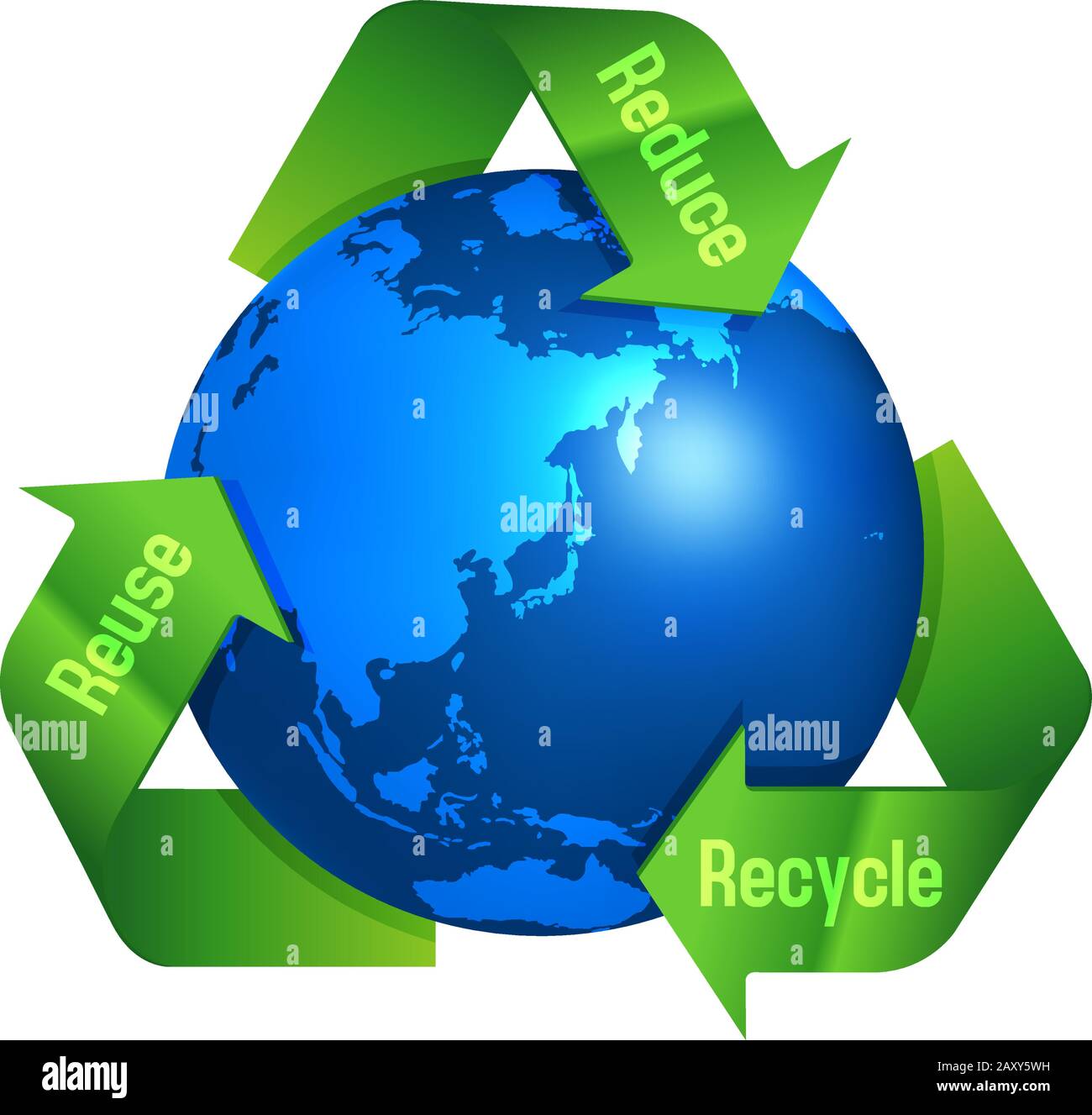

Drop-off centers are one of the simplest methods of collecting recyclable materials. Both are retained at the curb for collection by separate trucks. While the garbage goes in standard containers. Clean recyclables may require to be placed in special containers. The curbside collection needs homeowners to discrete recyclables from their garbage. Energy savings, lower taxes, and a cleaner environment are the actual “bottom lines” in favor of recycling It keeps natural resources and aids to protect the environment. Recycling creates jobs: Recycling materials can generate jobs also. Thus we will increase a greater understanding of the whole process. In order to utilize recycled materials, manufacturing facilities will develop to find uses for them. So, discarding your waste, find ways to recycle it besides letting it go to landfills. Recycling of some common items such as glass, metals, paper, plastics, cardboard, batteries, cans made of steel and aluminum, rubber, wooden furniture easily possible. This is an important effort, as in this process, we not only reduce the load of garbage as well as conserve natural resources also. In other words, recycling takes place in the manufacturing of these products. These products are used as raw materials for manufacturing other items. perhaps you have never thought where these products go. Often you may find persons (the Kabariwalas) who visit our home, and to whom we sell old newspapers, bottles, tins, magazines, etc. Buy such products which can be reused such as rechargeable batteries:. It is better to use cloth bags in place of plastic bags for shopping. We can give away old clothes to the needy people. We can also reuse cardboard boxes, wrapping papers, and chocolate boxes. Items such as plastic containers and pickle bottles should be reused to store other things. The following are some examples of reuse: Reusing waste items means that instead of dumping them, we can reuse these items. 
There are definite items in our garbage that can be reused. You can begin with analyzing – what you throw away and what goods you need at home.Īmong the main steps consumers can fallow to reduce waste are: The basic is to only purchase goods that we need and in the right amount.Įach person contributes to the waste management problem. Composting is a common technique to reduce the volume of kitchen waste to ‘zero waste.’ It is also an effective method through which kitchen waste can be recycled back into nature. Reducing the amount you buy is the most important of all the options to manage waste. The solution to this problem is in the “ Three Rs ” approach-reduce, reuse, recycle. Burning of waste releases hazardous gases into the air. Waste treated in this manner is contaminating groundwater, rivers, and streams. Most industrial, commercial, and household waste is now disposing of in landfills or surface impoundments. Present disposal methods threaten our health, safety, and environment, and pose additional indirect costs to society. Irresponsible disposal of this waste is polluting the environment and poses a public health risk. If you don't need something anymore, someone else in your community or agency might.As a nation, we are generating more garbage. Purchase equipment and supplies that are reused or reusable, come with minimal packaging (bulk), or recycled or recyclable.Use post-it notes instead of cover sheets when faxing.
 Return packaging materials to manufacturers (e.g., pallets, boxes, and other containers). Use interoffice routing slips instead of individual copies. Copy or print double-sided to reduce paper purchasing. For more information, follow the 3Rs tips and guidelines below. Residence and businesses are encouraged to sort and appropriately dispose of household and office waste generated through daily work and activities. The 3Rs Program stresses the hierarchy of waste management:
Return packaging materials to manufacturers (e.g., pallets, boxes, and other containers). Use interoffice routing slips instead of individual copies. Copy or print double-sided to reduce paper purchasing. For more information, follow the 3Rs tips and guidelines below. Residence and businesses are encouraged to sort and appropriately dispose of household and office waste generated through daily work and activities. The 3Rs Program stresses the hierarchy of waste management: #RECYCLE REUSE REDUCE HOW TO#
This following information provides guidance on how to practice the 3Rs. The program, established in response to the Solid Waste Management Act of 1988, is going to succeed largely because of the support and cooperation of Patterson residences, Patterson business operators, and those that visit here. Ultimately, the program is designed to decrease the volume of waste that the city sends to the landfills. It is key to achieving sustainable city operations and consistent with AB 341, which calls for businesses, municipalities, schools, and multifamily residences to implement comprehensive and environmentally sound solid waste management programs.

The Public Works Department's 3Rs Program: Reduce, Reuse, and Recycle, is designed to collect and market, in an efficient manner, all recyclable waste produced within the City of Patterson.








 0 kommentar(er)
0 kommentar(er)
